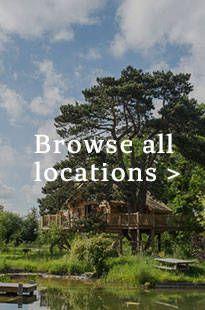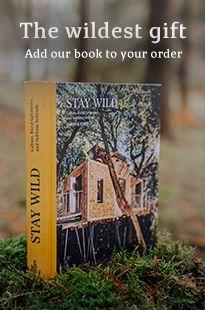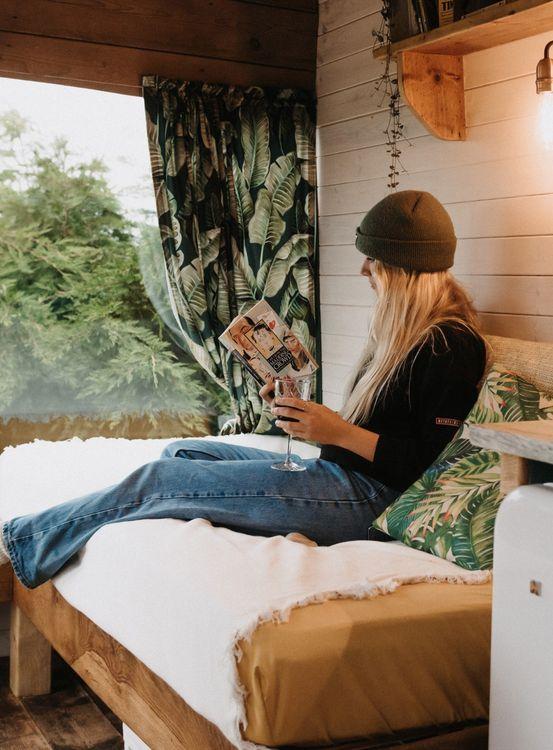
Health and Safety - Tips and Advice
Health and Safety: that often dreaded and dull but essential set of rules that ensures you and your property comply with all the laws and regulations. But whose responsibility is it? As an owner, it’s your job to make sure your accommodation is fit for purpose and safe for all those lovely guests that pass through your doors. But where do you start?
We have compiled lots of information into this article, including electrical safety, fire safety, rules around wood-burners and even hot-tub safety (who knew?).
We always recommend you start in the same place as most which is to have a read of The Health & Safety Executive website but once you’ve clicked on that link you’ll probably be thinking ‘there is so much information'. Well, hopefully this simplified and easy to navigate article can give you the basic guidance you need to get going.
And if you need more assistance then our Business Development team (ideas@canopyandstars.co.uk) or Owner’s Team (owners@canopyadnstars.co.uk) is always on hand to discuss doubts, questions or concerns with you.
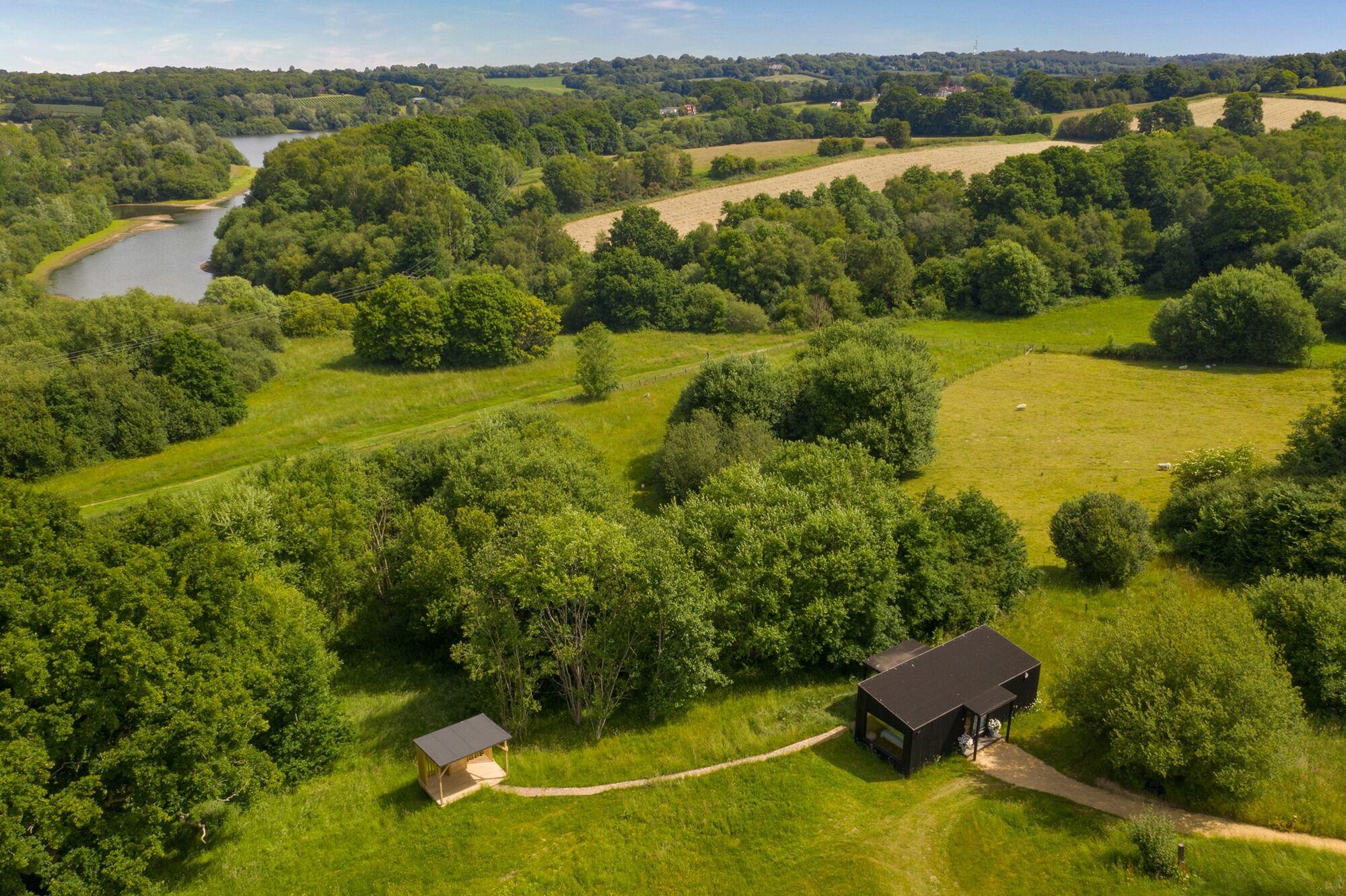
If you are in the pre-planning stages/creating a new site
- Think about site access and location (particularly if you are a working farm) so your clients are kept out of working traffic and away from any hazards
- Ensure you display signage for any out of bounds areas, electrical fencing or areas where livestock are present
- Consult your existing insurance provider if you have one for advice
When you are up and running
Gas safety
- If your property or land has a gas supply or any gas appliance(s), as the owner you are responsible for the safety of your guests and you must have a Gas Safety Certificate by law.
- The Gas Safety Record will detail the checks carried out by the engineer and if your appliances met the appropriate safety standards.
- You must renew your Gas Safety Certificate every 12 months and it’s advised to keep copies of your certificates for at least two years.
- You can apply for a gas safety certificate and find a local qualified engineer for a safety inspection here. Prices start from roughly £75.
Electrical safety
- Although an electricity safety certificate is not mandatory by law, it is highly recommended to get one, take a risk assessment and do safety checks to reduce the risk of electrical hazards.
- You can organise for an electrical safety certificate here.
- Risk assessment – this will help you to identify the actions to maintain your electrical installations and equipment.
- The maximum time between electrical inspections should be 5 years but it will vary between different equipment so it’s advised to make a record of all electrical appliances and how often they should be checked.
- PAT testing is one of the most trusted and efficient ways to ensure electrical equipment is safe – it stands for Portable Appliance Testing and is a routine inspection involving visual and electrical safety checks. Ensure there is a clear record of when the testing was carried out and add PAT testing stickers to the relevant items.
More information and advice can be found here.
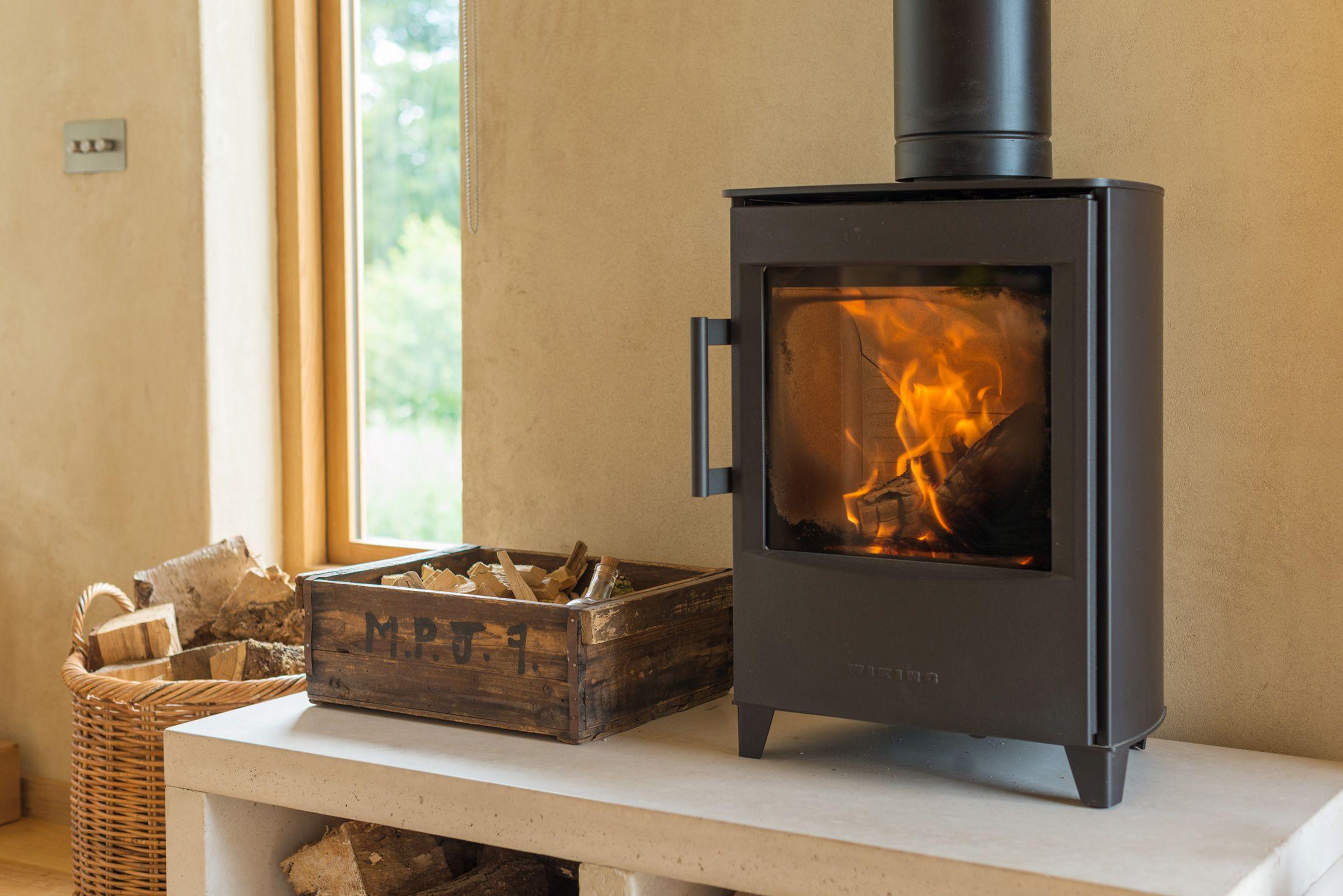
Fire safety
- Fire safety experts have warned that glamping accommodation must be treated with the same level of caution as traditional tents and have warned against using heating appliances indoors. Where they are used, you must inform the guest of safety features and risks such as not covering the heating appliance with clothes.
- Fire Safety Law applies to any accommodation where guests pay to stay on a short-term arrangement or holiday – this is covered under the Fire Safety Order.
- The Fire Safety Order means you are legally responsible for protecting guests against the risk of fire on your property.
- You must carry out a Fire Risk Assessment (by law) – once undertaken you must ensure any actions are made to improve your fire safety measures and keep these under review.
- Identify people most at risk and how fire risks can be managed – e.g. the vulnerable, disabled, elderly and children/babies.
- Keep records (fire alarm, gas, electrical safety (PAT) annual servicing and periodic inspections).
- It is advised to have fire-fighting equipment for extra safety – this could be a fire extinguisher (one on each floor) and a fire safety blanket in the kitchen – detailed instructions on how to use these should be provided. You must undertake visual checks monthly to make sure they are maintained and working as they should.
- The full guidance on your responsibilities and what you need to consider for fire safety can be found here.
- Ensure your furniture meets the requirements set out in: The Furniture and Furnishings (Fire) (Safety) Regulations 1988.
Wood-burners
Before installation:
It is a legal requirement to notify any solid fuel installation in England and Wales to the relevant Local Authority Building Control either via a Competent Person Scheme such as HETAS or directly to the council – this would need to be made prior to installation and you will then be provided with a Certificate of Compliance. Ensure there is enough ventilation in the room where your wood-burner will be. This ensures that there is an adequate supply of air for combustion, to prevent overheating and for the efficient operation of any flue. Ensure you buy your wood-burner from a reputable supplier, that is rigorously tested, has an adequate hearth and low smoke emissions. Know the laws around smoke-control areas: https://www.gov.uk/smoke-control-area-rules.
Once installed:
Regularly maintain your wood burner - cleaning out the ash, check all controls and flue, clean the glass etc. Service your wood burner with a registered industry professional – this should be done annually. Get your chimney swept regularly to increase efficiency and reduce the likelihood of chimney fires – you should aim to do this at least twice a year, once before the heating season and once after. Ensure you have a fire guard if your space accepts children/babies.
Smoke and carbon monoxide alarms
A smoke alarm must be installed on every floor where there is living space. However, the more smoke alarms that are fitted, the safer the property and guests will be, so you may decide to install multiple smoke alarms (corridors, stairways and bedrooms). A carbon monoxide alarm must be installed in every room where there is a fossil-fuel burning appliance such as an open fire, log burner, or fossil-fuelled boiler or oven. However, they are designed to be used in buildings, and sometimes caravans and motorhomes, but won’t necessarily be fully effective in a tent or awning. Find out more information here. It’s a good idea to test alarms regularly – a good time to do this would be as part of the changeover and have this as part of your changeover checklist. They have a limited life – usually five to seven years. Yours should have a sticker on it to let you know when it needs replacing. If you don’t know how old it is, then it’s safer to buy a new one, they are relatively cheap and readily available. When you press the check button, please note this only checks the battery power, not the correct functioning of the monitor.
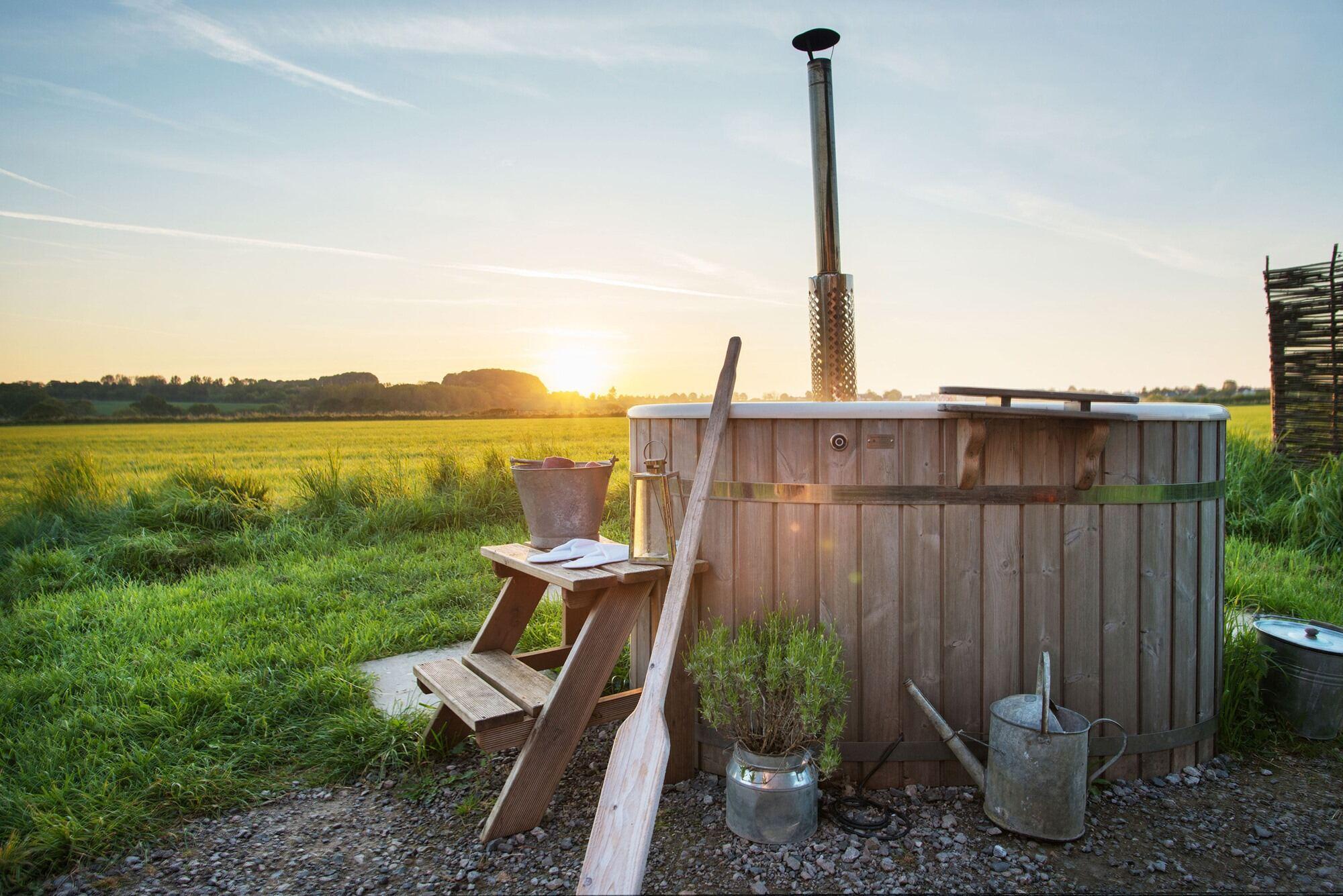
Hot tub safety
- Awareness and control of water hygiene should always be adhered to.
- Hot tubs have been linked to diseases caused by infectious agents including the organism that causes legionnaires' disease, primarily Legionella pneumophila so, it’s important to be aware of this and how to prevent it from occurring.
- Provide guests with detailed instructions on how to use the hot tub facilities – include info on how to use, cautions, cleanliness, recommended bathing temperature etc.
- Ensure guests are aware that extra caution should be taken with children using the hot tub and with the consumption of alcohol.
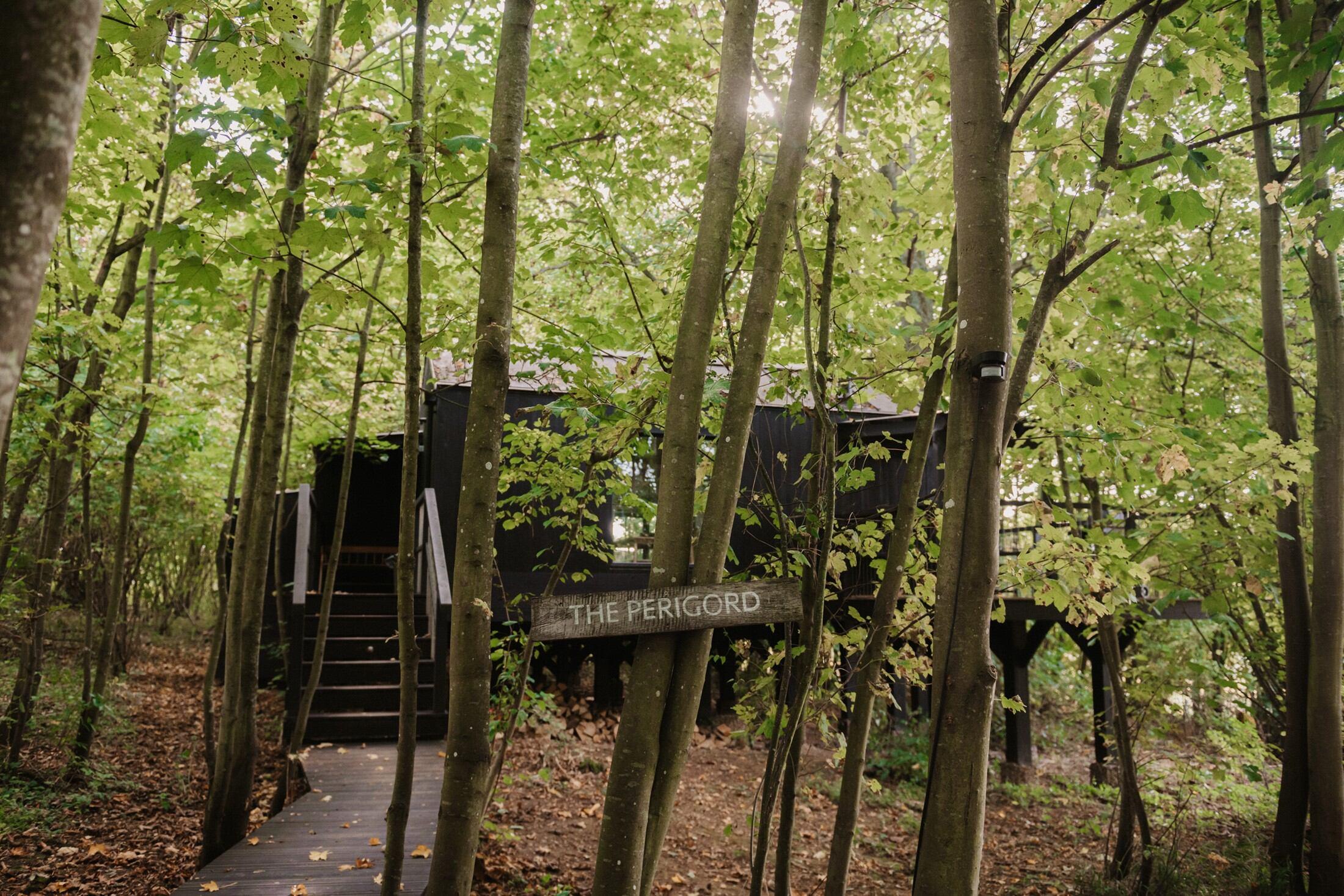
Guest safety on site
- Maintain access roads and ensure footpaths in good repair
- Speed limits imposed
- Pedestrian routes clearly marked
- Provide handrails to steps
- Clearly marked road system
- Separate pedestrians from vehicles where possible
Other things to consider:
- Consider lighting – you may want to add automatic or solar outdoor lighting along pathways and at entrances for when guests come and go from the space when it’s dark. This will help to prevent slips and trips.
- First aid kit – always useful for minor incidents or emergencies should guests need it.
- First Aid Training - ensure you (or someone on site) are First Aid trained (This can be arranged with St John’s ambulance).
- Guest instructions – clear information on how to use appliances, facilities, wood-burners, where the fire exits are, emergency numbers, out of bounds area etc. will all help to manage and reduce the risks to guests on site.
- Clear signage to indicate out of bounds and hazardous areas to guests e.g. livestock fields, electric fences, farm machinery, workshops etc.
- Water Safety (including managing the risk of Legionella in water systems generally and the risks associated with swimming and/or spa facilities where required).
- Catering – If you are providing catering you will need to be inspected and given a food hygiene rating, you will also need to keep up to date with Trading Standards.
- Crisis Management Plan – an action plan of what to do should an emergency arise.

